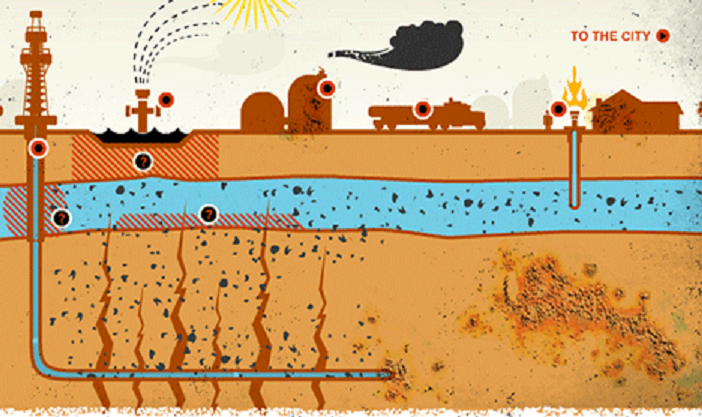Based upon conversations with our commissioners if there is to be a fix to the massive tax inequities afforded to the timber industry in Coos County, it will have to come from the public. Thanks to special assessments and Salem doing away with the timber severance tax, almost half of Coos County, over 490K acres of large tract forestland, pays less than $4 per acre in taxes. Compare this to your own property tax bill and see if you think its fair, especially in a county already blessed with the third lowest property tax rate in the state. Clearly, solving this inequity would more than replace the loss of federal timber payments and avert the type of catastrophe currently pummeling Curry County but standing up to the timber industry is not the top priority of any of our commissioners.
 All three commissioners agree that without divesting assets or cutting more of the county forest, Coos County has about 2.5 to 3 years before massive austerity cuts are inevitable while most of us will continue to pay more in taxes. The commissioners remain in a holding pattern waiting to hear what Senator Ron Wyden’s forest bill might contain to help the counties. Commissioner Melissa Cribbins is working toward establishing a transient room tax but the revenue will not be enough to save county services and skirts around the one revenue source that could solve our problems, timberland.
All three commissioners agree that without divesting assets or cutting more of the county forest, Coos County has about 2.5 to 3 years before massive austerity cuts are inevitable while most of us will continue to pay more in taxes. The commissioners remain in a holding pattern waiting to hear what Senator Ron Wyden’s forest bill might contain to help the counties. Commissioner Melissa Cribbins is working toward establishing a transient room tax but the revenue will not be enough to save county services and skirts around the one revenue source that could solve our problems, timberland.
Salem, which enabled this predicament in the first place, unless there is a hew and cry from the masses is not likely to enact a fix at the state level in time to save Coos County. All three commissioners have noted the power timber interests have over Salem but if the commission can levy a transient room tax then it should be able to enact a county wide severance tax on timber. If the commission doesn’t want to do it, then perhaps a citizen initiative could put it on the ballot.
Obviously, this is a topic that needs a lot more research and two years is not a lot of time to fix longstanding problems but the alternative is a forced increase to local income taxes or other expensive and special levies while valuable and productive Wall Street owned forestland skates almost free.


